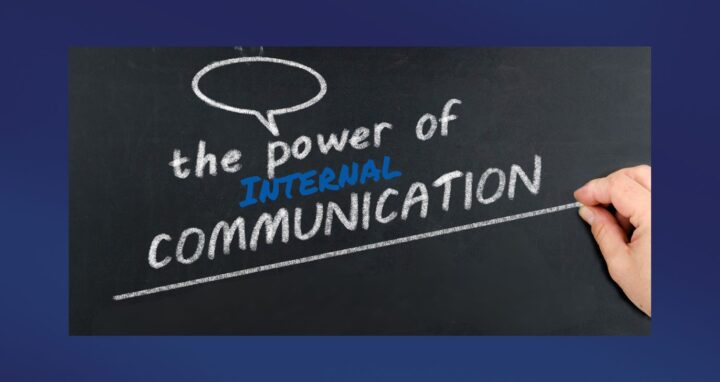The old adage goes, “Nobody ever got fired for choosing IBM.”
That seems to mean that the best choice is a safe choice. I’m not so sure. Consider what constitutes a “safe choice.”
Inevitably, when a major corporation seeks a PR agency to support its communications efforts, a request for proposals (RFP) asks for critical capabilities that can help a company sift through the myriad options available and narrow them down to the few that make sense for their specific needs. Relevant experience always matters, as does specific industry knowledge, followed by creativity, a sense of a “safe choice” based on an agency’s reputation within the PR industry, and, of course, actual public relations skill.
In my many years as a PR professional, I have noted that there is one critical component that is largely overlooked. Little consideration is given to the matter of judgment. Does the agency have critical judgment? Is it “poor” or “sound”? This can be a bigger factor than all others and prove to be a major element is selecting a “safe choice.”
Critical thought
“Sound” judgment is the capacity to assess situations and circumstances shrewdly and draw appropriate conclusions. Or perhaps it’s the process of making an evaluation by discerning and comparing the options at hand, then forming an opinion objectively and wisely. In either case, corporations would do well to take note and cleverly try to divine the individual and collective wisdom of each agency as part of their decision-making process.
Why judgment is overlooked
I can surmise from the numerous entry-level employee interviews in which I have participated that critical thinking courses have largely been absent from most university PR curricula for the better part of a decade. It seems that the very people that are putting together the RFPs often are the ones that have had no training in critical thought, nor is it on their radar.
Also, sound judgment is largely evident only in hindsight, when the die has already been cast, and the results delivered (or not). As such, it is difficult to forecast any agency’s collective judgment capabilities. Checking out an agency’s past successes and what roads were taken on behalf of other clients is one way to assess sound judgment, but does not tell the whole story. Judgments are made on a case-by-case basis, and circumstances surrounding each can affect that judgment. Past successes are therefore only indicators of sound judgment.
We know good or bad judgment when we see it, but it remains hard to predict.
Judgment and wisdom are not the same thing
The premise that it takes a wizened, older generation with a broad scale of knowledge and experience to have good judgment is flawed. Good judgment is not based solely on the sum of one’s experiences. It is not age-related to have the capacity to assess situations or circumstances and draw sound conclusions. You don’t have to be in your sixties to have a good sense for perceiving and distinguishing relationships or discerning situations that will affect an outcome.
Most good agencies have the capabilities and skills to develop and implement an array of online and offline communication tactics. Sound judgment must back up every tactical path taken, and not just when a company is in a crisis mode. For example, an agency’s collective judgment plays a critical role in the choosing of what to say, how to say it, and to whom, when, and through what format. This applies when managing sensitive community relations, selecting a strategic partnership tie-in or when taking an extra-calculated risk to achieve desired outcomes. This is true not just of PR agencies, but of all professional service providers.
How can sound judgment be evaluated through an RFP?
RFPs should be written so that they put an agency’s collective judgment to the test. This might include:
- Giving agencies real-life scenarios of issues at hand, and asking each agency for its evaluation of the options
- Asking agencies to identify challenges they might encounter and how they would meet them
- Requiring agencies to describe their decision-making process and rationale
If these questions were included in RFPs, companies would gain a comparative sense of critical thinking and realize that judgment, not execution, is the x-factor that drives tactical successes and agency value.
Here are elements that are less critical in evaluating a “safe choice”:
- Size: Sometimes the nimbleness and flexibility of mid-sized firms trump larger agencies.
In-house resources: Partnerships and affiliations can be tapped for added resources and make for more cost effective options. - Location: Sometimes this matters, but in today’s world not so much.
- Client base: Just because an agency has similar client experience, it may not present an advantage. What has been done before would warrant re-thinking even if clients are in like industry. Variants can include budget parameters and differing goals.
- Reputation: Be sure to consider the source on this on.
It really is all a matter of judgment.



